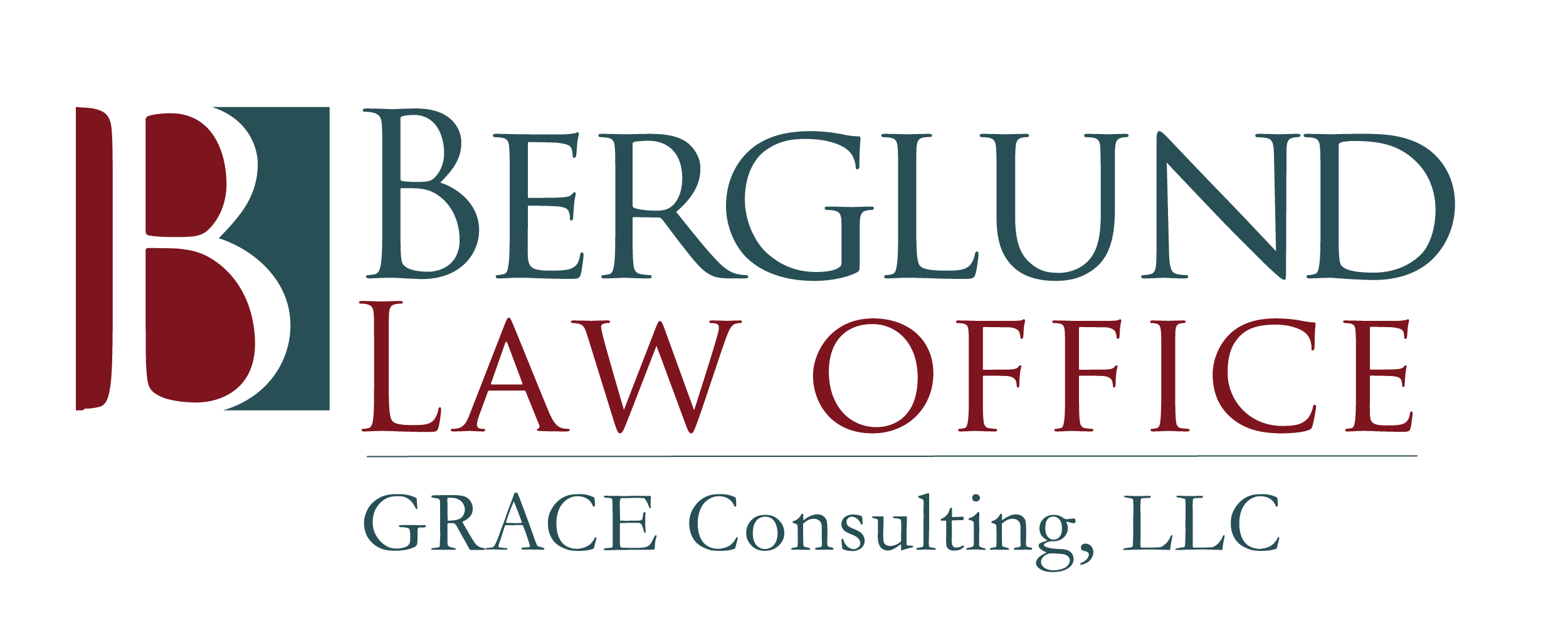
Prior to the enactment of Minnesota’s “trust busting” statute (Minnesota Statutes section 501B.895), two types of trusts which were commonly used in Medicaid planning. The first type of trust commonly used in Medicaid planning was a “Family Income Trust” or “FIT”. With a FIT, the grantor (you) sets up the trust and transfers assets to the trustee of the trust (not the grantor). You can retain the right to have all the income from the assets transferred to the trust. The trust provides that you are not allowed to receive any other distributions from the trust and- in many states (including Minnesota)- you cannot be the trustee of your trust. When you die, the trust property will pass to the beneficiaries you have selected (not you) in the manner set forth in your trust.

By using a FIT it is possible for you to keep the assets in trust to protect your assets from the creditors or possible “irresponsible behavior” of your beneficiaries. You may, however, retain a limited “power of appointment”, both during your life and upon your death. “Powers of appointment” provide greater flexibility and result in the trust assets being included in your estate for estate tax purposes. The trust assets also receive a “stepped-up” income tax basis upon your death. The rights you retain in the FIT also make this trust a “grantor trust” for income tax purposes. For this reason, FITs use your social security number for tax returns. All items of income and expense for the FIT were included on your personal income tax return as if the trust’s assets were held by you directly.

When Minnesota allowed the use of FITs, it was critically important that you and your trustee were careful to treat your trust as a separate entity, and carefully follow the explicit terms of the trust. As long as you did so, these trusts were a great way to preserve your assets for your children or other beneficiaries and still qualify for Medicaid.
